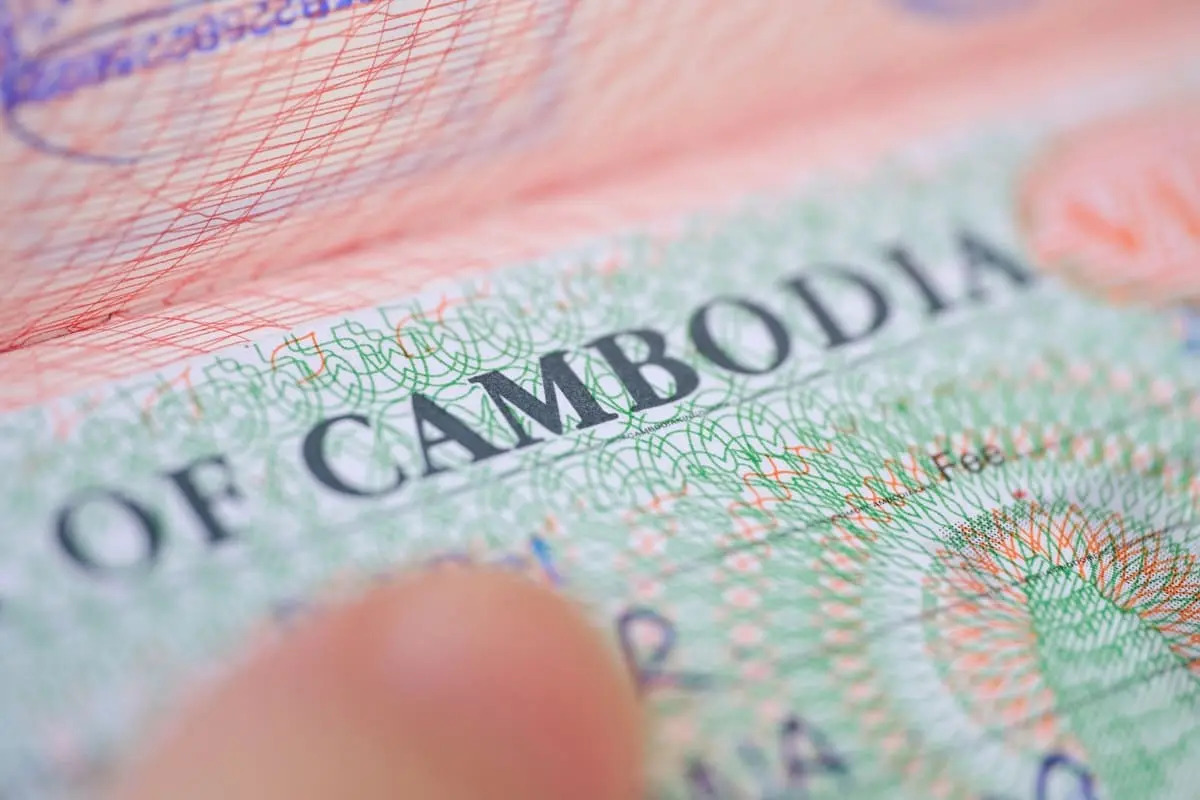
Cambodia Visa for Tourists: Everything You Need to Know
- on Apr 11, 2025 By: Phuong Mai NGUYEN
Planning a trip to Cambodia? As one of Southeast Asia's most vibrant and culturally rich countries, Cambodia offers visitors the chance to explore ancient temples, vibrant markets, and stunning natural landscapes. To start your adventure, you’ll need to know the essentials about getting a Cambodia visa. In this guide, we’ll cover the different types of visas available, the application process, requirements, and useful travel tips to ensure a smooth and hassle-free experience.
Types of Cambodia Visas for Tourists
Cambodia offers several types of visas depending on the purpose of your visit. The most common visa types for tourists are:
Tourist Visa (T-Class)
The Tourist Visa (T-Class) is the most common visa for travelers coming to Cambodiafor tourism purposes. It is a single-entry visa, which allows visitors to stay for 30 days. You can also extend the tourist visa for an additional 30 days while in Cambodia. There are three main ways to apply for a tourist visa: Visa on Arrival, E-Visa, and Embassy Application.
Business Visa (B-Class)
The Business Visa (B-Class) is for individuals traveling to Cambodia for business-related activities such as attending meetings or conferences or working in Cambodia. This visa is initially granted for 30 days and can be extended for up to 1 year while in Cambodia. You can apply for the Business Visa through the Cambodian embassy or E-Visa online if you meet the criteria.
Ordinary Visa (E-Class)
The Ordinary Visa (E-Class) is typically used for long-term stays or if you're planning to work or reside in Cambodia. This visa also allows 30 days of stay and can be extended for up to 6 months or 1 year, depending on your needs. You can apply for the Ordinary Visa through the Cambodian embassy.
How to Apply for a Cambodia Visa
Visa on Arrival (For Tourists)
If you’re planning a shortvisit to Cambodia, you can apply for a Cambodia tourist visa upon arrival at major entry points such as international airports and land border crossings.
When applying for the visa on arrival at Phnom Penh International Airport or Siem Reap International Airport, you will need to fill out a visa application form available at the immigration counter. You will also need to provide 1 or 2 passport-sized photos, a valid passport (with at least 6 months validity), and pay the $30 USD visa fee. The visa is processed immediately, usually taking about 10-15 minutes.
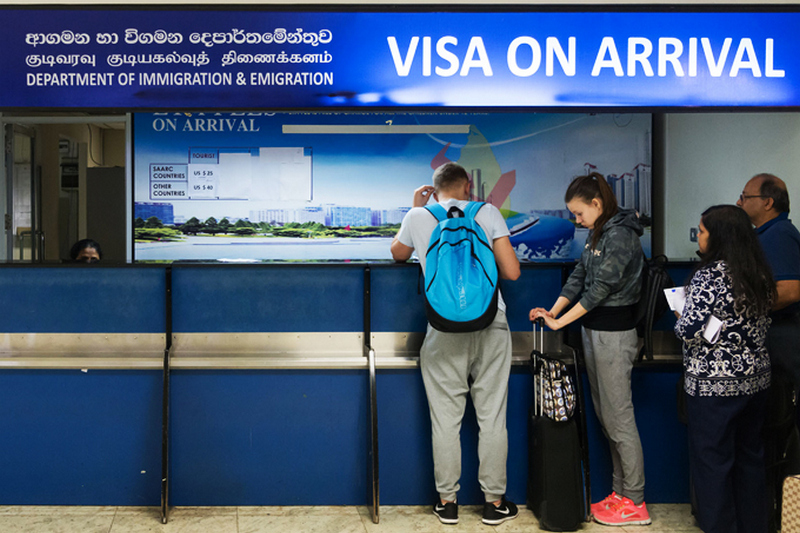
You can also obtain a visa on arrival at land border crossings such as Poi Pet, Bavet, and Koh Kong. The same requirements apply for land entry.
E-Visa (Online Application)
For a more convenient option, you can apply for a Cambodia E-Visa through Cambodia’s official online portal. The E-Visa is an electronic version of the visa that allows you to apply online before you arrive in Cambodia.
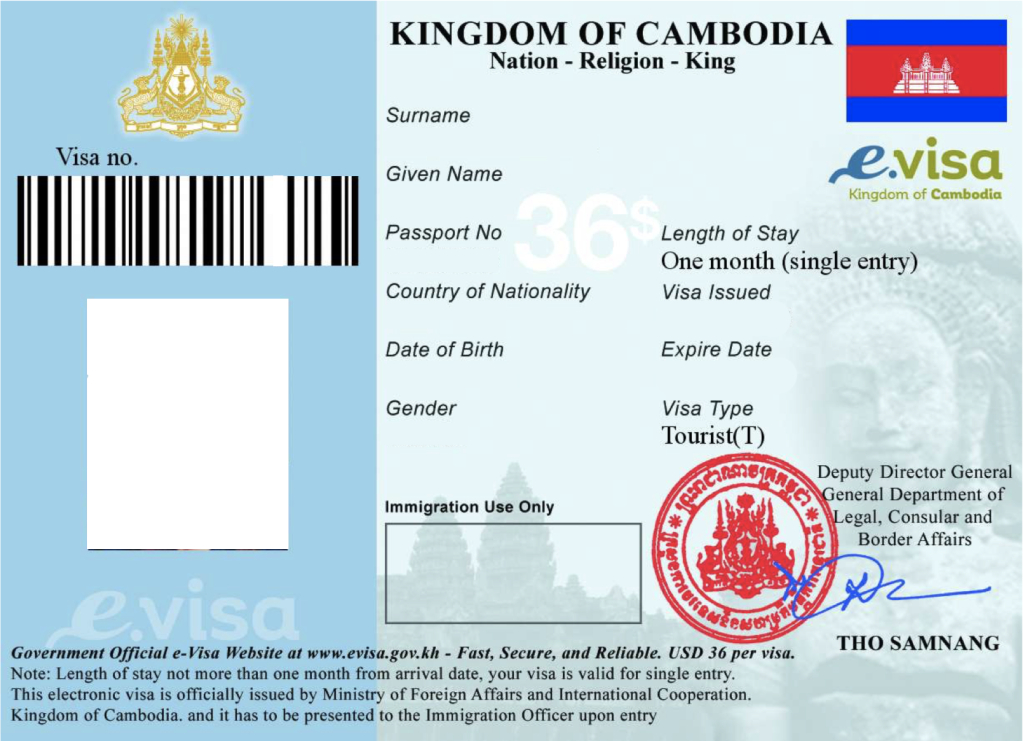
To apply for the E-Visa, visit the official E-Visa website (www.evisa.gov.kh) and fill out the online form. You’ll need to upload a passport-sized photo and a scanned copy of your passport. The processing time is typically around 3 business days, and the fee for the E-Visa is $36 USD. Once approved, you’ll receive a visa approval notice, which you can print and present upon arrival at Cambodia’s immigration desk.
Embassy Application (For Business or Long-Term Stay)
For longer stays or business purposes, you may need to apply for a visa through the Cambodian embassy in your home country. This could involve submitting additional documents like a business invitation letter for a business visa or proof of accommodation for a long-term stay. The visa fee for business or ordinary visas generally ranges from $35 to $50 USD, depending on the embassy and your nationality. Processing times can take 2-5 business days.
Cambodia Visa Fees and Extensions
Tourist Visa (T-Class): A single-entry tourist visa typically costs $30 USD. If you decide to extend the visa while in Cambodia, the extension fee is approximately $30 for an additional 30 days.
Business Visa (B-Class): The business visa costs around $35–$50 USD, and it can be extended for up to 1 year while you are in Cambodia.
Ordinary Visa (E-Class): For the ordinary visa, the cost is similar to the business visa, at around $35–$50 USD. Extensions for the E-Class visa are available for up to 6 months or 1 year.
Cambodia Visa Exemptions (For Some Countries)
Certain nationalities can enter Cambodia without a visa for short stays. However, the rules may vary, so you should check the visa exemption for your country on the official Cambodian immigration website or with the Cambodian embassy before travel. Other than ASEAN countries, some countries eligible for Cambodia visa exemption for short stays (usually 14-30 days) include Japan, South Korea, Hong Kong, Macau, Sweden, Russia, France (for up to 14 days), Denmark, the United Kingdom (for up to 30 days), Germany, Finland (for up to 14 days), China (for up to 14 days), and Taiwan (for up to 14 days).
Important Notes:
- Length of Stay: The number of days for exemption may vary depending on your nationality. Most of these countries are allowed 14 to 30 days of stay without a visa.
- Entry Requirements: Even though citizens from these countries don’t require a visa, you should still have a valid passport (with at least 6 months of validity) when entering Cambodia.
- Travel Purpose: These exemptions are typically for tourism or business visits. If you plan to stay longer, a visa extension or a different visa type may be required.
Things to Keep in Mind Before Applying for a Cambodia Visa
Border Crossing Tips
When crossing into Cambodiafrom neighboring countries like Vietnam, Thailand, or Laos, make sure you have your passport ready for border checks. At land borders, you may be required to pay small border fees (which are common in many Southeast Asian countries), so it’s best to carry cash for this purpose. Cambodia’s official currency is the Riel, but the USD is widely accepted across the country.
Health and Safety
When traveling to Cambodia, it’s advisable to have the required vaccinations for diseases like Hepatitis A/B, Typhoid, and Malaria, especially if traveling to rural areas. Travel insurance is always a good idea for any unforeseen emergencies.
Tips for a Hassle-Free Travel to Cambodia
Apply for your visa in advance: Whether you’re opting for a Visa on Arrival or E-Visa, booking and confirming your visa ahead of time will help avoid any delays.
Double-check your passport validity: Make sure that your passport is valid for at least 6 months from your date of entry into Cambodia.
Avoid Border Fees: Be cautious of extra fees asked at border crossings; these are sometimes informal fees that may not be required.
Carry USD and Riel: Keep USD handy for purchases and transactions, but also carry local Riel for small purchases in rural areas where USD might not be accepted.
Obtaining a Cambodia visa is a straightforward process, with options for Visaon Arrival,E-Visa, or applying through an embassy for business or long-term stays. Cambodia’s beautiful landscapes, rich culture, and welcoming people await you. Just be sure to plan ahead and check the visa requirements based on your nationality and intended stay.
For further assistance, feel free to contact us via info@authentikvietnam.com or +84 (0) 9 12 12 10 91 on WhatsApp for additional travel advice on your trip to Vietnam or Cambodia. We’re here to help!
Related articles:
>> Cambodia: E-Arrival card mandatory from July 2024
>> Traveling between Laos and Cambodia: A Short and Handy Guide
>> Vietnam Cambodia tour: What to do and what to visit?
>> Laos Cambodia Vietnam tour: What to do and what to visit?
 Español
Español Français
Français






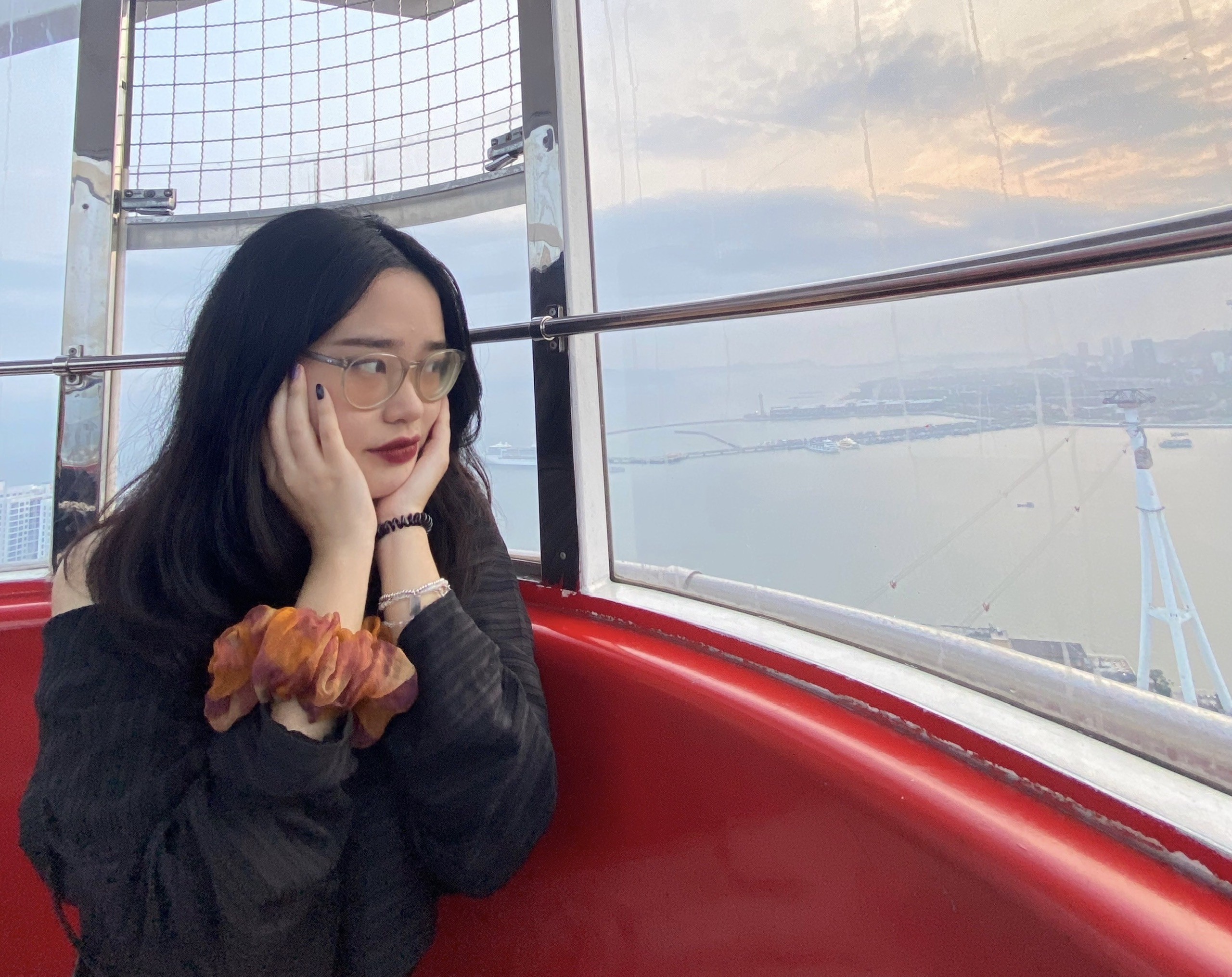
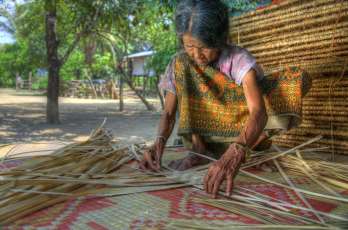



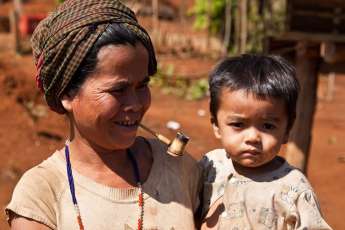
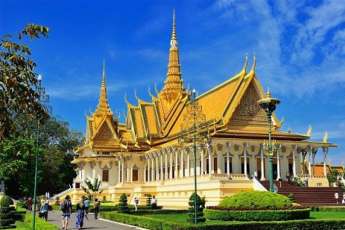
.png)




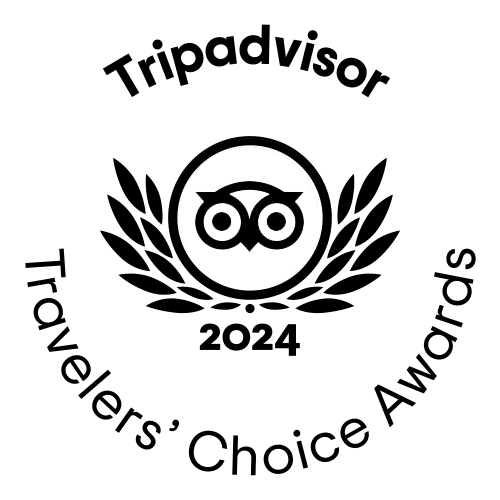

Timothy O Tool
on Feb 23, 2026Timothy William Groh
on Feb 23, 2026TwelmSC
on Feb 20, 2026Morgane Ter Cock
on Dec 18, 2025HerbertPhomaMS
on Oct 19, 2025